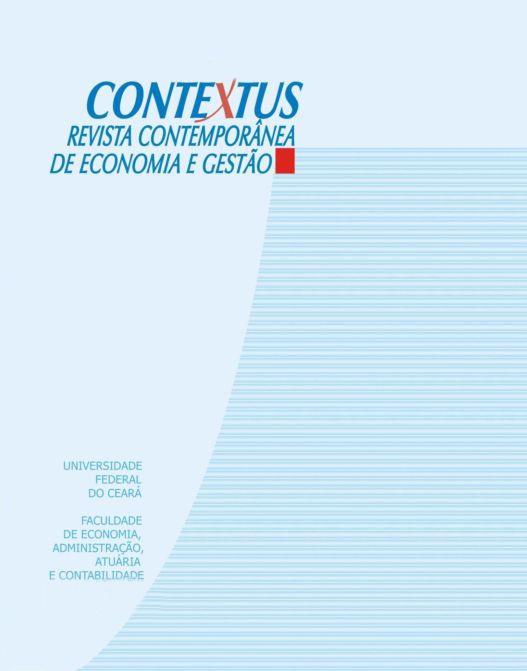A UTILIZAÇÃO DE SOFTWARE SOCIAL EM ORGANIZAÇÕES: O CASO DOS WIKIS
DOI:
https://doi.org/10.19094/contextus.v7i2.32114Keywords:
Web 2.0. Software Social. Wikis. Processos Colaborativos. OrganizaçõesAbstract
O desenvolvimento da web 2.0. lançou novas possibilidadespara os processos de colaboração nas empresas, mediante autilização dos softwares sociais. Tais aplicações são ferramentasweb-based que permitem a participação de um número elevadode pessoas, possibilitando a interação, a produção conjunta deconhecimentos e a formação de redes sociais. Neste ensaio, seráexplorada a tecnologia dos wikis, aplicação web que permite aqualquer pessoa escrever de forma colaborativa e editar documentosem tempo real. Pode acrescentar conteúdo sem a necessidadede conhecimentos técnicos sofisticados em computação,o que acarreta profundas implicações em diversas áreas. Aoabordar suas funcionalidades, características e potencialidades,este ensaio centra sua análise na utilização dos wikis em cenárioscorporativos, além de descrever os cuidados a serem observadosquando de sua implantação. Não obstante o fato deeste se tratar de um trabalho bibliográfico, nas consideraçõesfinais deste artigo são apontadas oportunidades para trabalhosfuturos, os quais visem às empresas como seu campoempírico de investigação.Downloads
Published
How to Cite
Issue
Section
License
The authors, while doing the submission, accept the notice below:
We authors hold the copyright related to our paper and transfer Contextus journal the right for the first publication with a Creative Commons’ international license of the modality Attribution – Non-commercial 4.0, which in turn allows the paper to be shared providing that both the authorship and the journal’s right for initial release are acknowledged.
Furthermore, we are aware of our permission to take part in additional contracts independently for non-exclusive distribution of the version of our work published in this journal (e.g. publishing it in an institutional repository or as a book chapter), while acknowledging both the authorship and the journal’s initial publication.
We also certify that the paper is original and up to this date has not been released in any other journal, Brazilian or of another nationality, either in Portuguese or another language, as well as it has not been sent for simultaneous publication in other journals.
Last, we not only know that plagiarism is not tolerated by Contextus but also certify the paper presents the sources of passages from cited works, including those authored by ourselves.


